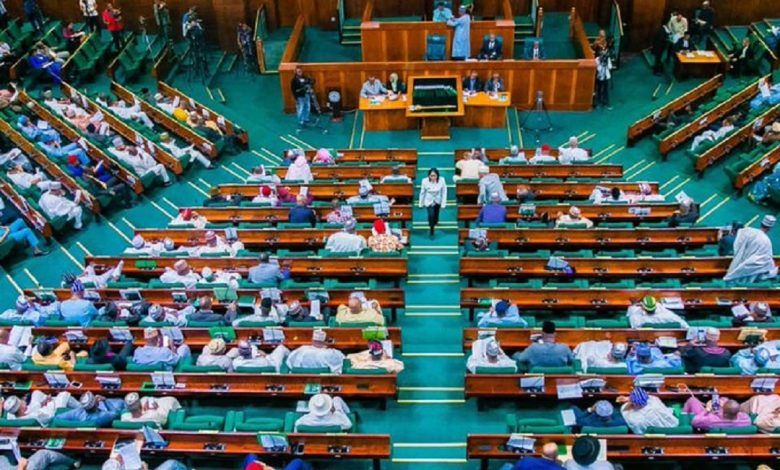
The House of Representatives has called for the immediate suspension of the recently approved 50% increase in telecom tariffs, citing the economic hardship facing Nigerians.
The resolution followed a motion of urgent national importance moved by Hon. Oboku Oforji during plenary on Tuesday. Lawmakers also decried the poor service delivery by telecom operators, insisting that any tariff increase should be conditional on significant service improvements.
The House directed the Nigerian Communications Commission (NCC) and the Minister of Communications, Innovation, and Digital Economy, Bosun Tijani, to halt the implementation of the tariff hike. This comes as telecom operators began enforcing the new pricing structure earlier approved by the NCC.
Many subscribers took to social media on Tuesday to express concerns over the sharp rise in call, data, and SMS costs. The hike, estimated at about 50%, has sparked widespread discontent.
According to official NCC data as of December 2023, Nigeria has over 224 million telecom subscribers. MTN leads with 87 million users (38.79% market share), followed by Globacom and Airtel with 61 million subscribers each, while 9mobile serves 13.9 million customers.
The NCC had earlier defended the tariff adjustment, stating that it was necessary for industry sustainability. Spokesman Reuben Muoka explained that while some operators had requested over a 100% increase, the regulator approved a lower rate in line with ongoing sector reforms.
Labour unions, including the Nigeria Labour Congress (NLC) and the Trade Union Congress (TUC), had threatened industrial action over the price hike but suspended their planned protests after last-minute negotiations with the government.
Nigeria is currently experiencing one of its worst economic crises in decades, driven by the removal of energy subsidies and the floating of the naira. Since President Bola Tinubu assumed office in May 2023, petrol prices have surged from under N200 per litre to over N1,100, while the naira has plummeted from around N700/$ to about N1,600/$. These economic shifts have led to soaring inflation and a worsening cost of living crisis across the country.

